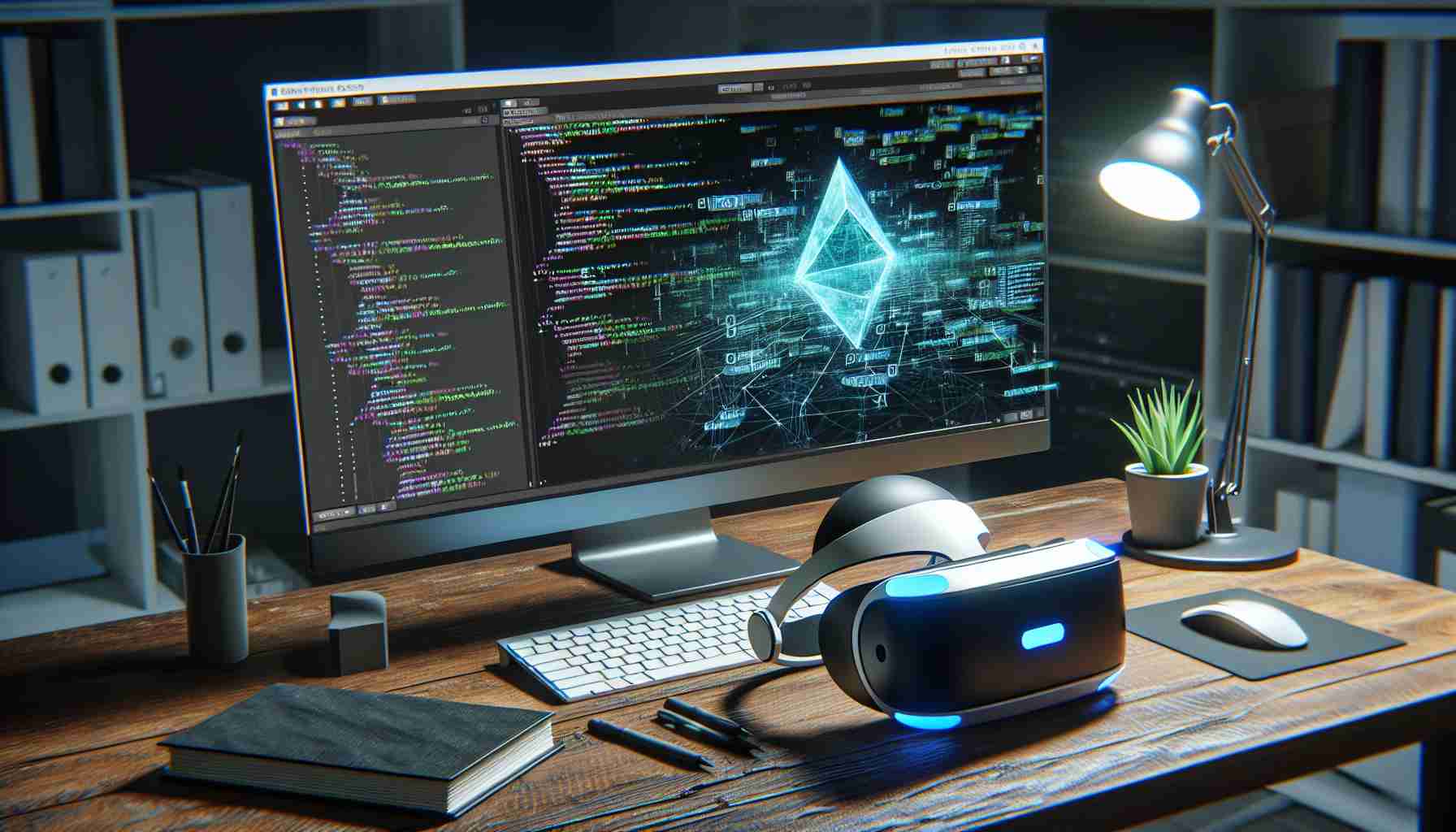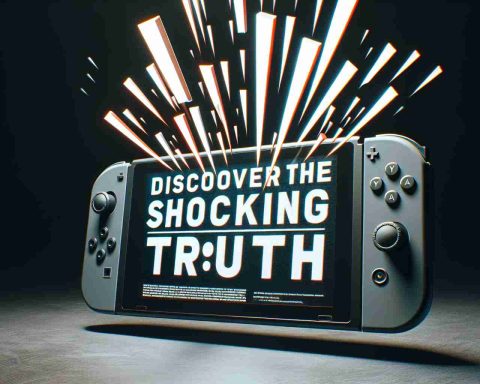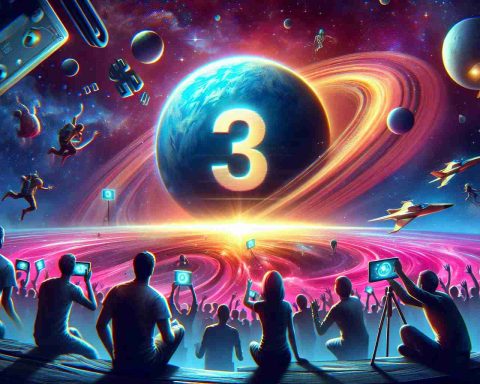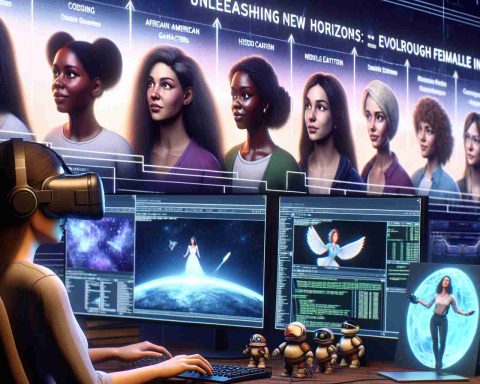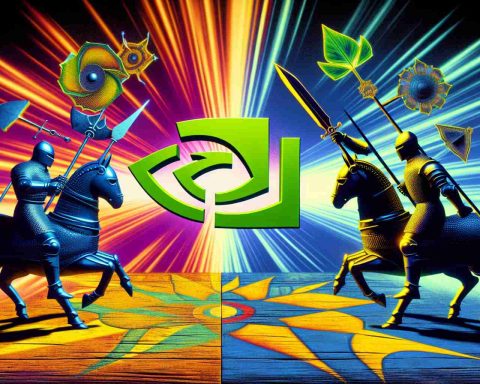Incorporating mixed reality technology has revolutionized various industries, offering immersive and innovative experiences that blur the boundaries between the physical and virtual realms. One remarkable example is the immersive dining experience, where virtual elements intertwine seamlessly with real-world settings, creating extraordinary adventures for diners.
Creating captivating mixed reality experiences using platforms like Unity for devices such as Quest involves the utilization of Meta SDK. Integrating the Meta All-In-One SDK empowers developers with a range of tools and functionalities to elevate their applications, enabling them to merge physical elements with virtual environments effortlessly.
The key to integrating real-world elements into the virtual experience often lies in implementing shaders like “PunchThroughPassthrough” from the Meta XR Core SDK package. These shaders enable developers to blend physical and virtual worlds within the virtual realm, offering users glimpses of reality through the digital façade.
Embarking on a journey into mixed reality development requires an understanding that the process is iterative, and solutions may require optimization. Seasoned Unity developers can leverage the insights provided here as a foundation for creating intricate mixed reality adventures that captivate audiences.
While the concept of mixed reality offers a bridge between physical and virtual worlds, it also holds significant market potential. Industry reports predict that the global mixed reality market could reach a value of approximately $125 billion by 2024, showcasing the growing interest among consumers and businesses in this transformative technology.
Challenges persist in the industry, particularly concerning hardware quality and performance. Devices like the Oculus Quest and HoloLens are advancing rapidly, yet issues such as image quality, comfort, and battery life remain areas for improvement. Accessibility issues, notably in regions like Poland, hinder market expansion.
Furthermore, interoperability among mixed reality platforms poses a challenge, with many experiences exclusive to specific devices, limiting cross-platform compatibility. This fragmented landscape necessitates users to navigate through various platforms to access suitable devices and software solutions.
Despite these challenges, the mixed reality industry offers vast opportunities for businesses and developers to innovate across sectors such as healthcare, education, architecture, industry, art, and entertainment. Technological advancements, including the integration of haptic feedback and lightweight AR glasses, are set to propel further innovation and adoption across the industry.
As the mixed reality landscape continues to evolve, the infusion of emerging technologies is expected to drive further innovation and adoption in the industry. This signifies an exciting era for mixed reality technologies, promising transformative experiences for users in the years ahead.
Sources:
– MarketsandMarkets
– Oculus
– HoloLens
– Unity
Često postavljana pitanja (FAQ):
The source of the article is from the blog combopop.com.br
